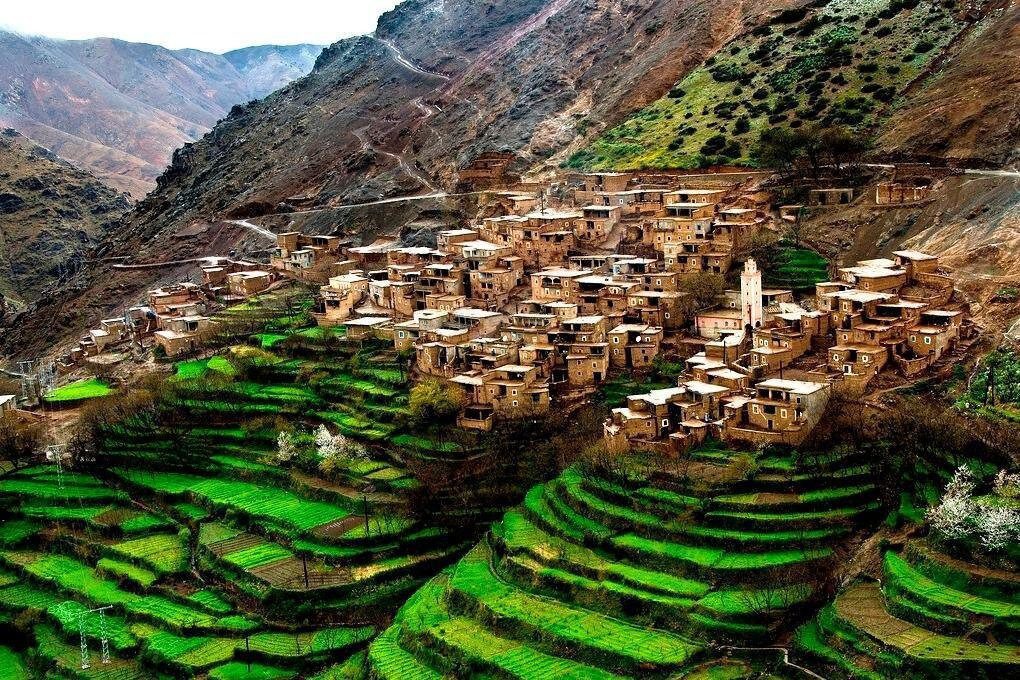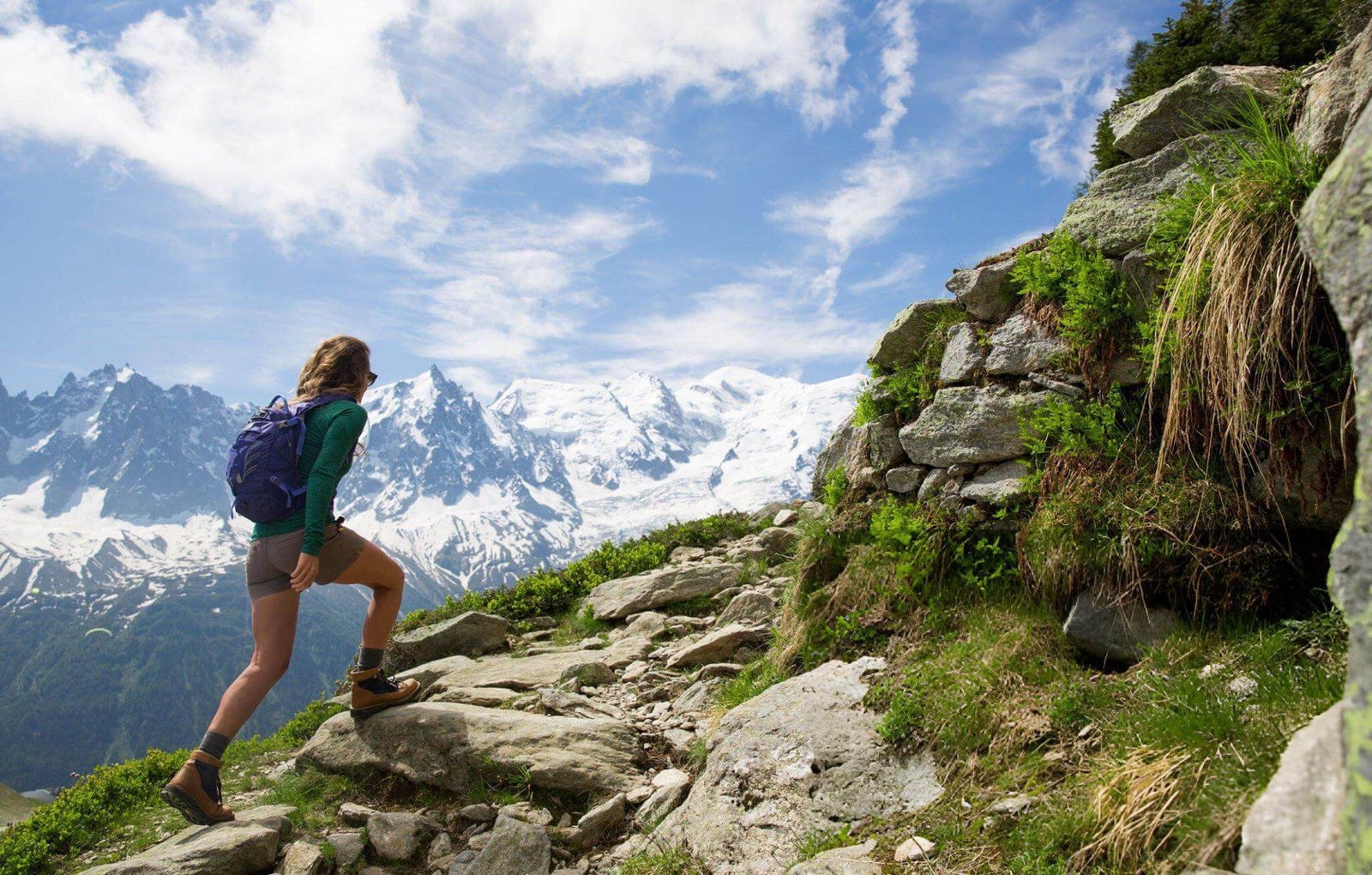
How to Hike the Atlas Mountains in 2025: A Step-by-Step Guide
The Atlas Mountains are a hiker’s paradise, offering breathtaking landscapes, rich culture, and unforgettable adventures. Whether you’re a beginner or a seasoned trekker, this step-by-step guide will help you plan your journey through the Atlas Mountains in 2025.
Why Hike the Atlas Mountains?
The Atlas Mountains are home to some of the most stunning scenery in North Africa. From towering peaks to lush valleys, the region offers a diverse range of hiking experiences. The mountains are also rich in Berber culture, providing opportunities to interact with local communities and learn about their traditions. Whether you’re seeking adventure, cultural immersion, or simply a peaceful escape, the Atlas Mountains have something for everyone.
Step 1: Choose Your Trail
The Atlas Mountains boast a variety of trails, each with its own unique charm. For beginners, the Berber Villages Trek is a perfect introduction, offering scenic views and cultural immersion. More experienced hikers might want to tackle Mount Toubkal, the highest peak in North Africa. Research each trail to find the one that matches your skill level and interests. Popular routes include the Three Valleys Trek, the Aït Bouguemez Valley, and the Tizi n’Tamaterte Pass.
Step 2: Prepare Your Gear
Packing the right gear is crucial for a successful hike. Start with sturdy hiking boots, a reliable backpack, and layers of clothing to adapt to changing weather conditions. Don’t forget essentials like a water bottle, first aid kit, and a map. If you’re planning a multi-day trek, consider bringing a tent and sleeping bag. Make sure your gear is comfortable and suitable for the terrain you’ll be hiking.
Step 3: Understand the Terrain
The Atlas Mountains feature diverse landscapes, from lush valleys to rugged peaks. Familiarize yourself with the terrain of your chosen trail. Learn about the elevation changes, potential hazards, and any local wildlife you might encounter. This knowledge will help you stay safe and enjoy your hike to the fullest. The mountains can be challenging, so it’s important to be prepared for steep ascents and descents.
Step 4: Hire a Local Guide
A local guide can enhance your hiking experience by providing valuable insights into the region’s history, culture, and natural beauty. Guides are also familiar with the trails and can help you navigate challenging sections. Their expertise ensures a safe and memorable adventure. Hiring a guide is especially recommended for first-time hikers or those tackling more difficult routes.
Step 5: Respect Local Culture
The Atlas Mountains are home to vibrant Berber communities. Show respect for local customs and traditions by dressing modestly, asking permission before taking photos, and participating in cultural activities with an open mind. Your respectful behavior will be appreciated and can lead to meaningful interactions. The Berber people are known for their hospitality, and you’ll likely be invited to share meals and stories with them.
Step 6: Stay Safe and Healthy
Safety should always be a priority. Check the weather forecast before your hike, inform someone of your itinerary, and stay on marked trails. Carry a whistle and a personal locator beacon for emergencies. Stay hydrated and take breaks as needed to avoid exhaustion. If you’re hiking at high altitudes, be aware of the symptoms of altitude sickness and take steps to prevent it.
tep 7: Enjoy the Journey
Finally, take time to appreciate the stunning landscapes and cultural richness of the Atlas Mountains. Capture memories with photos, journal your experiences, and savor the local cuisine. Hiking the Atlas Mountains is not just about reaching the summit; it’s about the journey and the connections you make along the way. Whether you’re hiking alone or with a group, the experience will be unforgettable.
Frequently Asked Questions
What is the best time to hike the Atlas Mountains?
What should I pack for a hiking trip to the Atlas Mountains?
How do I hire a local guide?
What are the most popular hiking trails in the Atlas Mountains?
What safety precautions should I take when hiking in the Atlas Mountains?



